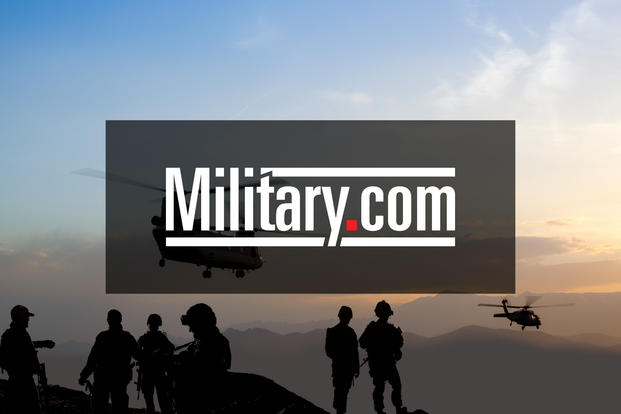Indian Prime Minister Narendra Modi called the U.S. an "indispensable partner" in the spread of shared democratic values and hailed the closer security and military ties between the two nations -- up to a point.
"Ties of commerce and investment are flourishing. We trade with the U.S. more than any other nation," Modi said in an address to a joint session of Congress in the House chamber that was interrupted frequently by applause and standing ovations.
On military cooperation, Modi said, "India exercises more with the U.S. than we do with any other partner," and he noted that military sales had "moved from almost zero to $10 billion in less than a decade."
Modi made no mention of the recent flap between U.S. Navy Adm. Harry Harris, commander of U.S. Pacific Command, and Indian Defense Minister Manohar Parrikar over just how far India was willing to go in exerting a naval presence in the region.
Harris had expressed the hope that in the "not too distant future," U.S. and Indian warships would conduct joint patrols and become "a common and welcome sight" throughout the Asia-Pacific region
Parrikar said that Harris was getting ahead of himself.
"As of now, India has never participated in joint patrolling but we do participate in joint exercises. So the question of joint patrolling at this stage does not arise," Parrikar told reporters.
While avoiding the joint patrols dispute, Modi noted, "There will be times when we will have different perspectives." However, "Our relationship is primed for a momentous future" now that the two nations have "overcome the hesitations of history," he said.
Modi's address to Congress capped a stunning turnaround in relations between the two countries that reached their nadir three years ago when an Indian diplomat was arrested by New York City police on charges of visa fraud, and abusing and failing to pay a servant.
Modi, a Hindu nationalist, had been denied a U.S. visa himself in 2005 on allegations that he had tacitly supported extremists during Hindu-Muslim riots in his home state of Gujurat in 2002.
"The restraints of the past are behind us and the foundations for the future are firmly in place," Modi told Congress.
Defense Secretary Ashton Carter has embraced closer military ties to India as a counterweight to China in the region.
On his visit to India in April, Carter said that a "strategic handshake" had been extended by the U.S. to India that was meant to put aside decades of tepid military relations with India tracing back to New Delhi's leadership of the "Non-Aligned Movement" under India's first prime minister, Jawaharlal Nehru.
Carter sought to expand opportunities for American defense firms in India and also said the U.S. was willing to share technology with India on the new launching and landing systems being installed on the latest aircraft carrier USS Gerald R. Ford.
"We are working with the Indian Navy on technology for their next generation of aircraft carrier," the secretary said. "India would like to migrate on flat deck design" in construction of its next carrier, he said, and the systems being installed on the Ford have "some advantages in terms of weight of the aircraft and others."
Carter added, "We are more than willing to share it with India."
--Richard Sisk can be reached at Richard.Sisk@Military.com.






























